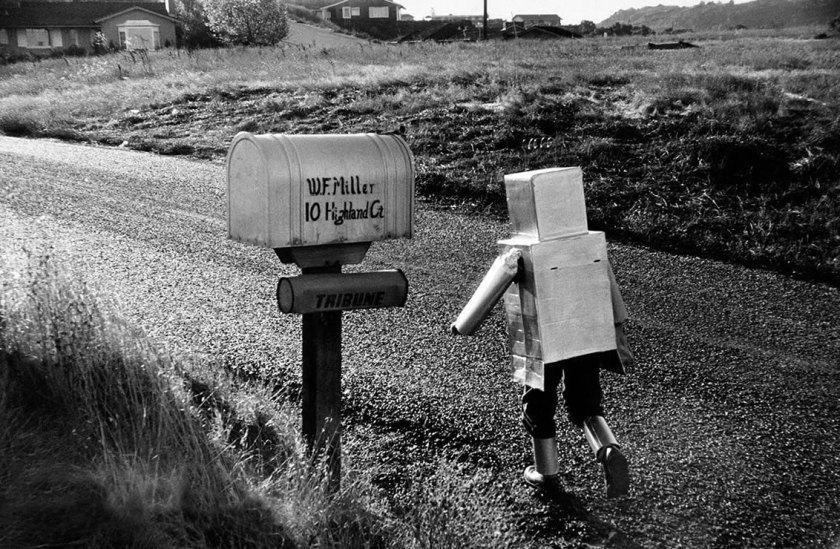Contrary to security breaks and information robberies that can be kept from public eyes, crashes of business applications or internet access are painfully plain for whoever is concerned, which means everybody. And as illustrated by the last episode of massive distributed denial of service (DDoS), they often come as confirmation of hazards long calling for attention.

Things Don’t Think
To be clear, orchestrated attacks through hijacked (if unaware) computers have been a primary concern for internet security firms for quite some time, bringing about comprehensive and continuous reinforcement of software shields consolidated by systematic updates.
But while the right governing hand was struggling to make a safer net, the other hand thoughtlessly brought in connected objects to a supposedly new brand of internet. As if adding things with software brains cut to the bone could have made networks smarter.
And that’s the catch because the internet of things (IoT) is all about making room for dumb ancillary objects; unfortunately, idiots may have their use for literary puppeteers with canny agendas.
Think Again, or Not …
For old-timers with some memory of fingering through library cardboard, googling topics may have looked like dreams: knowledge at one’s fingertips, immediately and comprehensively. But that vision has never been more than a fleeting glimpse in a symbolic world; in actuality, even at its semantic best, the web was to remain a trove of information to be sifted by knowledge workers safely seated in their gated symbolic world. Crooks of course could sneak in as knowledge workers, armed with fountain pens, but without guns covered by the second amendment.
So, from its inception, the IoT has been a paradoxical endeavor: trying to merge actual and symbolic realms that would bypass thinking processes and obliterate any distinction. For sure, that conundrum was supposed to be dealt with by artificial intelligence (AI), with neural networks and deep learning weaving semantic threads between human minds and networks brains.
Not surprisingly, brainy hackers have caught sight of that new wealth of chinks in internet armour and swiftly added brute force to their paraphernalia.
But in addition to the technical aspect of internet security, the recent Dyn DDoS attack puts the light on its social perspective.
Things Behavior & Social Responsibility
As far as it remained intrinsically symbolic, the internet has been able to carry on with its utopian principles despite bumpy business environments. But things have drastically changed the situation, with tectonic frictions between symbolic and real plates wreaking havoc with any kind of smooth transition to internet.X, whatever x may be.
Yet, as the diagnose is clear, so should be the remedy.
To begin with, the internet was never meant to become the central nervous system of human societies. That it has happened in half a generation has defied imagination and, as a corollary, sapped the validity of traditional paradigms.
As things happen, the epicenter of the paradigms collision can be clearly identified: whereas the internet is built from systems, architectures taxonomies are purely technical and ignore what should be the primary factor, namely what kind of social role a system could fulfil. That may have been irrelevant for communication networks, but is obviously critical for social ones.
Further Reading
- Knowledge Architecture
- Sifting through a web of things
- Semantic Web: from Things to Memes
- Models as Parachutes